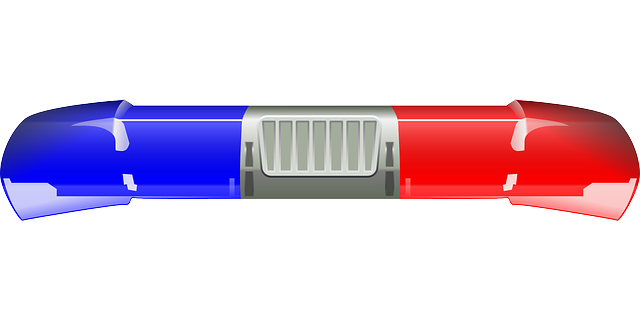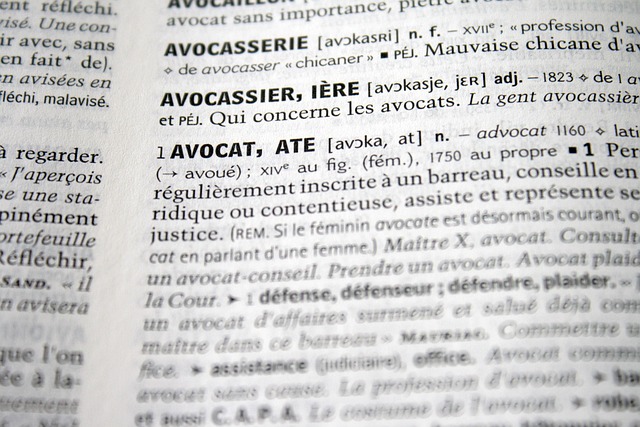Antitrust violation cases arise from businesses restricting market competition through practices like price-fixing or monopolistic behavior, leading regulatory agencies (e.g., FTC, DOJ) to take action. Individuals concerned about potential violations should consult antitrust law specialists who can guide them through challenging regulatory decisions. Regulatory agencies investigate and ensure fair competition via meticulous inquiries. Businesses facing charges have legal avenues to challenge these decisions, employing strategies like disputing evidence or jurisdiction. Understanding "How to Challenge Regulatory Agency Decisions" is crucial for navigating complex scenarios, mitigating penalties, and presenting a robust defense.
Antitrust violation cases are crucial for maintaining fair market competition. This article delves into the intricate world of these legal battles, exploring what constitutes antitrust violations and their far-reaching impacts on consumers and businesses alike. We dissect the role of regulatory agencies in investigating such cases, highlighting their significance in upholding market integrity. Furthermore, we shed light on challenges to agency decisions, providing insights into legal strategies available to affected parties. Understanding how to prepare and present a compelling case is essential, especially when challenging regulatory agency determinations.
- Understanding Antitrust Violation Cases: What They Are and Who They Affect
- The Role of Regulatory Agencies in Investigating Antitrust Violations
- Challenges to Regulatory Agency Decisions: Legal Strategies and Rights
- How to Prepare and Present a Strong Case Against Antitrust Violators
Understanding Antitrust Violation Cases: What They Are and Who They Affect

Antitrust violation cases are legal battles that arise when businesses engage in practices that restrict competition or stifle market growth. These cases involve allegations that companies have broken anti-trust laws, such as those prohibiting price-fixing, market division, or monopolistic behaviour. When a regulatory agency, like the Federal Trade Commission (FTC) or the Department of Justice (DOJ), believes a company has violated these laws, they can take action. This may include issuing fines, seeking injunctions to stop harmful practices, or even forcing divestitures.
These legal proceedings can significantly impact various stakeholders, including businesses, consumers, and other companies in related industries. For individuals concerned about potential antitrust violations, understanding how to challenge regulatory agency decisions is crucial. An experienced attorney who specialises in antitrust law can help clients navigate these complex cases, aiming to protect their interests and achieve just outcomes. With an unprecedented track record for his clients, achieving extraordinary results, legal experts play a vital role in upholding fair competition and ensuring that businesses operate within the bounds of the law.
The Role of Regulatory Agencies in Investigating Antitrust Violations

Regulatory agencies play a pivotal role in investigating antitrust violations, acting as watchdogs to ensure fair market competition. These agencies possess the authority to conduct thorough inquiries, scrutinize business practices, and gather evidence of any anti-competitive behavior. They employ experts in economics, law, and industry-specific knowledge to analyze complex scenarios and determine whether a company’s actions breach antitrust laws. When an agency suspects a violation, it serves legal notices, requests documents, and conducts interviews, aiming to build a robust case.
The process often involves intricate legal battles, where companies can challenge the regulatory agency’s decisions. How to Challenge Regulatory Agency Decisions is a crucial aspect for businesses facing antitrust charges. Legal strategies may include questioning the interpretation of evidence, challenging the agency’s jurisdiction, or arguing that the alleged actions do not constitute an anti-competitive offense. In some cases, companies opt for alternative dispute resolution methods, while others fight their case in jury trials, showcasing an unprecedented track record in white collar defense.
Challenges to Regulatory Agency Decisions: Legal Strategies and Rights

When facing allegations of antitrust violations, businesses have legal avenues to challenge decisions made by regulatory agencies. Understanding how to challenge these decisions is crucial for navigating the complex landscape of competition law. The first step involves a thorough review of the agency’s findings and conclusions. Legal teams can scrutinize the evidence presented, ensuring it aligns with the alleged violations and exploring any potential biases or misinterpretations. This strategic analysis forms the basis for mounting an effective defense.
Businesses can employ various legal strategies, such as challenging the admissibility of certain evidence, disputing the interpretation of market dynamics, or presenting alternative explanations for observed behaviors. The right to a fair hearing is paramount, and legal representatives can argue against any procedural irregularities or lack of due process during the investigation. Moreover, companies with an unprecedented track record of compliance might emphasize their philanthropic and political community involvement to mitigate potential penalties and avoid indictment.
How to Prepare and Present a Strong Case Against Antitrust Violators

Building a robust case against antitrust violators involves meticulous preparation and strategic presentation. The first step is to gather comprehensive evidence detailing the illegal practices. This includes market data, financial records, communication logs, and witness statements that highlight anti-competitive behaviors such as price fixing, market division, or suppression of competition. Engaging legal experts specializing in antitrust law is crucial for navigating complex regulations and interpreting relevant case precedents.
To challenge regulatory agency decisions, a well-crafted argument should focus on the violator’s intent and the impact on the market. Demonstrating an unprecedented track record of anti-competitive conduct can strengthen the case. Presenting clear evidence of harm to consumers and competitors, and how these actions distort free markets, can sway judges and juries. Avoiding indictment by presenting a compelling defense that prioritizes transparency, rectifies past mistakes, and assures compliance with future regulations is also key in building a strong case.
Antitrust violation cases play a vital role in maintaining fair market competition, protecting consumers, and fostering innovation. Understanding these cases, the investigative process, and available legal strategies is crucial for both businesses and regulatory agencies. By knowing how to prepare and present strong cases, entities can effectively challenge decisions and ensure that antitrust laws are applied justly. To navigate these complex issues, it’s essential to stay informed about your rights and seek professional guidance when needed, especially when considering How to Challenge Regulatory Agency Decisions.






